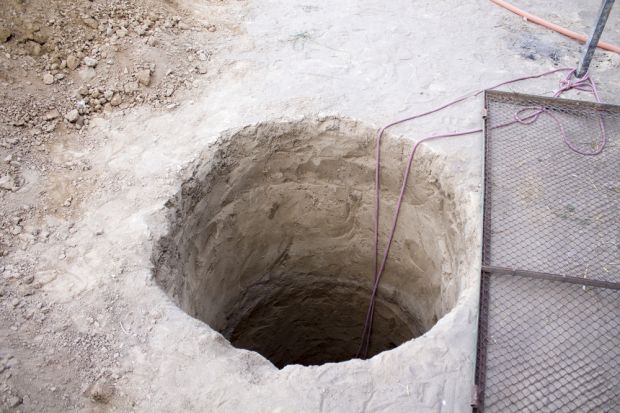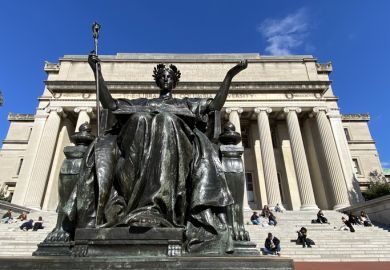Hole in the budget?
Meanwhile, the government has also confirmed that its estimate of the portion of student loans that will never be repaid has risen to 45 per cent.
The independent economic forecaster, the Office for Budget Responsibility, this week published its latest ‘Economic and fiscal outlook’, including forecasts on student loan repayments.
Over a six-year forecast period between 2013 and 2018, forecast repayments are £2.5 billion lower than they were in the OBR’s last report in December.
Andrew McGettigan, author of The Great University Gamble, who first highlighted the OBR figures, writes on his blog: “This may present difficulties for [the Department for Business Innovation and Skills’] budgets in the near term and certainly poses acute questions for any attempt to sell loans issued to those starting undergraduate study before 2012.”
The government has said it will use the sale of pre-2012 income-contingent loans to fund the expansion of student places resulting from the abolition of student number controls.
The OBR’s downward revision of repayments comes on top of warnings that, as result of rising estimates of the level of subsidy needed for the new loans system, the government may find it has saved little or no public money by trebling fees to £9,000 and scrapping direct grant.
The revision has occurred because of lower forecasts in earnings growth for less well-paid graduates, the OBR indicates.
Its report says the loans forecast is “little changed” from December. But it says the new forecast “makes greater use of Student Loans Company data, in addition to survey data, and also makes greater use of historic earnings data to project forward individuals’ future earnings paths”.
The OBR continues: “These changes have widened the projected earnings distribution over time, which, since payments are only due over a particular threshold, has reduced our forecast for aggregate repayments.
“As a consequence, we now expect greater write-offs beyond our medium-term forecast horizon, and will update the longer-term projections in our next FSR [Fiscal Sustainability Report], to be published in July.”
Bahram Bekhradnia, president of the Higher Education Policy Institute, said of the revision: “It means the government’s own advisers are telling them their higher education budget will be massively overrun. We didn’t expect this to become official so quickly.
“There will be nowhere for BIS to hide now.”
He added that “the other thing this does is to make it even less likely they can sell the loan book at a price anyone would regard as reasonable. This also jeopardises the policy of liberating student numbers.”
In a written parliamentary answer given yesterday, David Willetts, the universities and science minister, revealed new government estimates on the Resource Accounting and Budgeting charge – the estimated portion of loan outlay that will never be repaid.
The government’s original estimate of the RAB charge was 28 per cent, but it has been revised upwards several times.
Mr Willetts said in response to a question from Liam Byrne, Labour’s shadow minister for universities, science and skills: “We currently estimate the RAB charge on student loans to be around 45 per cent… By its nature an estimate is subject to change as it is highly dependent on macroeconomic circumstances, and the growth of graduate earnings over the next 30 years.
“We will continue to review our estimates in line with the latest data and advice from experts and stakeholders.”
Register to continue
Why register?
- Registration is free and only takes a moment
- Once registered, you can read 3 articles a month
- Sign up for our newsletter
Subscribe
Or subscribe for unlimited access to:
- Unlimited access to news, views, insights & reviews
- Digital editions
- Digital access to THE’s university and college rankings analysis
Already registered or a current subscriber? Login




